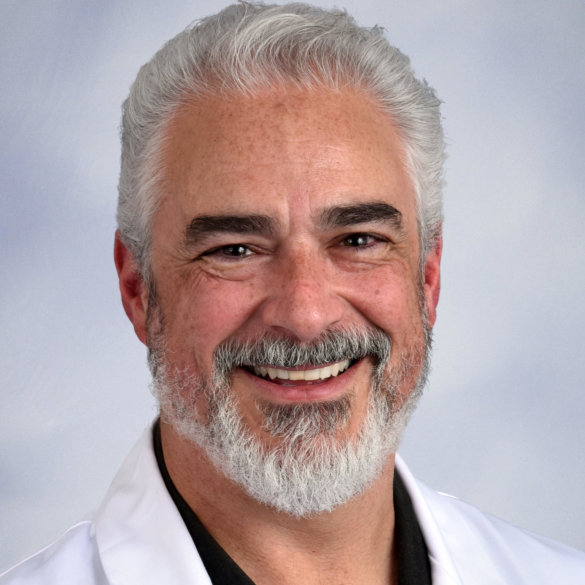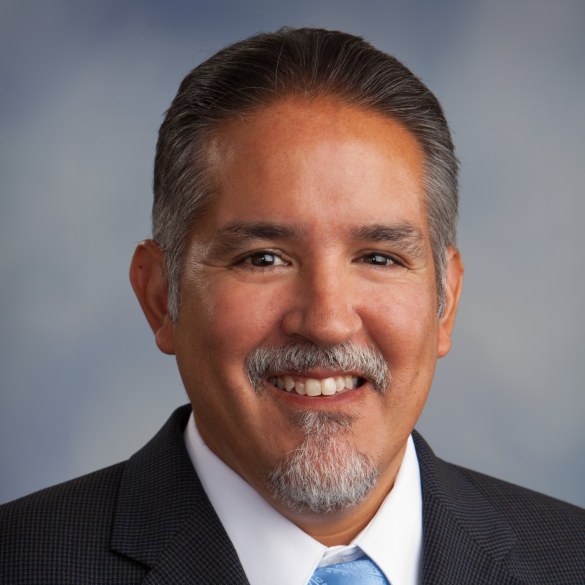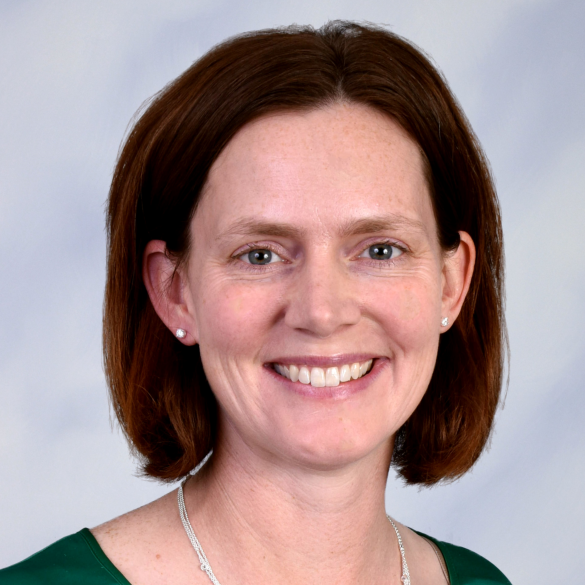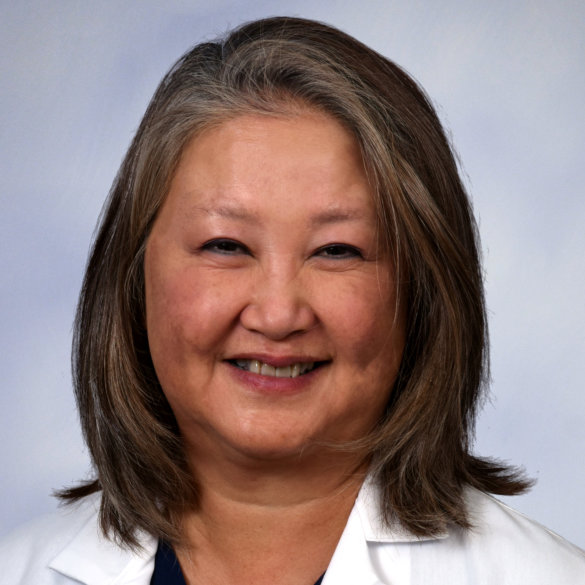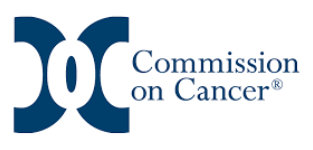Colorectal cancer begins in the colon or rectum and develops when the cells in these areas grow out of control. It is often referred to as colon cancer or rectal cancer, depending on where the cancer begins.
Colorectal cancers are typically slow growing, often developing from non-cancerous colon polyps. This type of cancer typically affects older adults and is highly treatable when caught early in the disease.
Colorectal Cancer Risk Factors and Symptoms
Colorectal polyps may produce few, if any, symptoms. This is why routine screening is so important.
Symptoms of colorectal cancer may include unexplained weight loss, rectal bleeding, or changes in bowel habits, such as persistent diarrhea or constipation. Abdominal discomfort, fatigue, and blood in your stool are other symptoms.
The presence of any of these symptoms requires consultation with your healthcare provider.
Smoking, consuming a diet high in animal fat, frequent intake of alcohol, obesity, and a sedentary lifestyle are colorectal cancer risk factors that increase your chances of developing the disease.
Colorectal Cancer Screening Tests
Because colorectal cancers typically grow slowly, regular screenings allow us to identify this cancer early on when it has the highest chance of cure. In fact, because it most often develops from removable colon polyps, colorectal cancer is not just highly treatable but preventable when caught early.
NorthBay offers multiple screening options, as well as genetic screening and counseling if you have a positive family history of colon cancer or another hereditary risk.
Colorectal Screening Tests
Multiple tests can aid in making a rapid colon cancer diagnosis These are divided into two groups: visual exams and stool-based tests.
At NorthBay, we offer colonoscopy to view inside your rectum and entire large intestine to check for polyps or other signs of cancer. This test is generally performed under sedation and uses a flexible tube with a light and video camera on the end to look for areas of concern. If we detect colon polyps during your colonoscopy screening for colorectal cancer, we can easily remove them without the need for surgery. This preventative treatment for colorectal cancer will stop cancer from ever starting.
A virtual colonoscopy involves a CT scan of the rectum and colon to show polyps, cancer, or other abnormal areas. This test does not require sedation and creates a 3-dimensional picture using both x-rays and a CT scan.
Stool-based screening tests, such as the Fecal Immunochemical Test (FIT) and FIT-fecal DNA test (better known as Cologuard Screening Test), can identify hidden blood in your stool from your lower intestine. The FIT-fecal DNA test also looks for genetic material shed by cancerous tumors that are passed into your stool.
Who Should Get Screened?
The American Cancer Society recommends routine colorectal cancer screening at age 45, even if no symptoms are present.
If you have certain colorectal cancer risk factors, such as a family history or a genetic condition that increase your risk, routine screening should begin at age 40.
Advanced Diagnostics for Early Diagnosis
The best way to prevent colorectal cancer is with early detection. In addition to routine screening tests, we offer a variety of more advanced diagnostic tests to ensure colon cancer is found early when it is still curable.
These tests also help stage cancers that are more advanced to ensure treatment for colorectal cancer can begin quickly, prolonging and improving the quality of life for our patients.
Rectal and Colon Cancer Diagnosis and Staging
Computed Tomography (CT) Scan — In cases of smaller tumors, affected lymph nodes, and potential spread of cancer to other parts of your body, a CT scan is beneficial for locating and staging the disease.
Endoscopic Ultrasound (EUS) — During this procedure, your doctor will insert an ultrasound probe through your anus to obtain images inside the rectum and colon. This enables our team to determine exactly how deep the cancer has penetrated.
Pelvic Magnetic Resonance Imaging (MRI) — This painless, noninvasive imaging technique helps diagnose and stage rectal cancers and may be used to monitor treatment response.
Positron Emission Tomography (PET) Scan — Typically used in conjunction with a CT scan, this non-invasive procedure helps us track any abnormal metabolic activity within your body.
Collaborative Approach to Colorectal Cancer Treatment
For early-stage colorectal cancer, surgery is typically the only treatment necessary. If your cancer is more advanced, radiation treatment for colorectal cancer and/or chemotherapy may be recommended to reduce immediate symptoms and help ensure a better long-term prognosis.
If you’re diagnosed with rectal or colon cancer, your Oncology medical specialists at NorthBay will plan a unique course of treatment for your stage of cancer and overall physical health. Your team of specialists and our oncology nurse navigators will guide you through each step of your colorectal cancer treatment and recovery process, providing you with the resources and support needed to assist in your recovery.
Plus, as a member of the Mayo Clinic Care Network, our providers have special access to the knowledge, expertise, and resources of Mayo Clinic Specialists.
We're with You for the Journey
- Cancer Symptom Management: Our oncology team uses a comprehensive approach to support your throughout your cancer journey with the goal of relieving pain and improving quality of life for you and your loved ones.
- Nutrition and Cancer: A healthy diet not only improves your overall health, but it is essential to cancer recovery. We provide nutrition education and support before and during treatment for colorectal cancer.
- Emotional Support: We believe no one should have to fight cancer alone! NorthBay's oncology social workers are available for emotional support, information, advocacy, counseling, and other services from the time of your rectal or colon cancer diagnosis through treatment.

